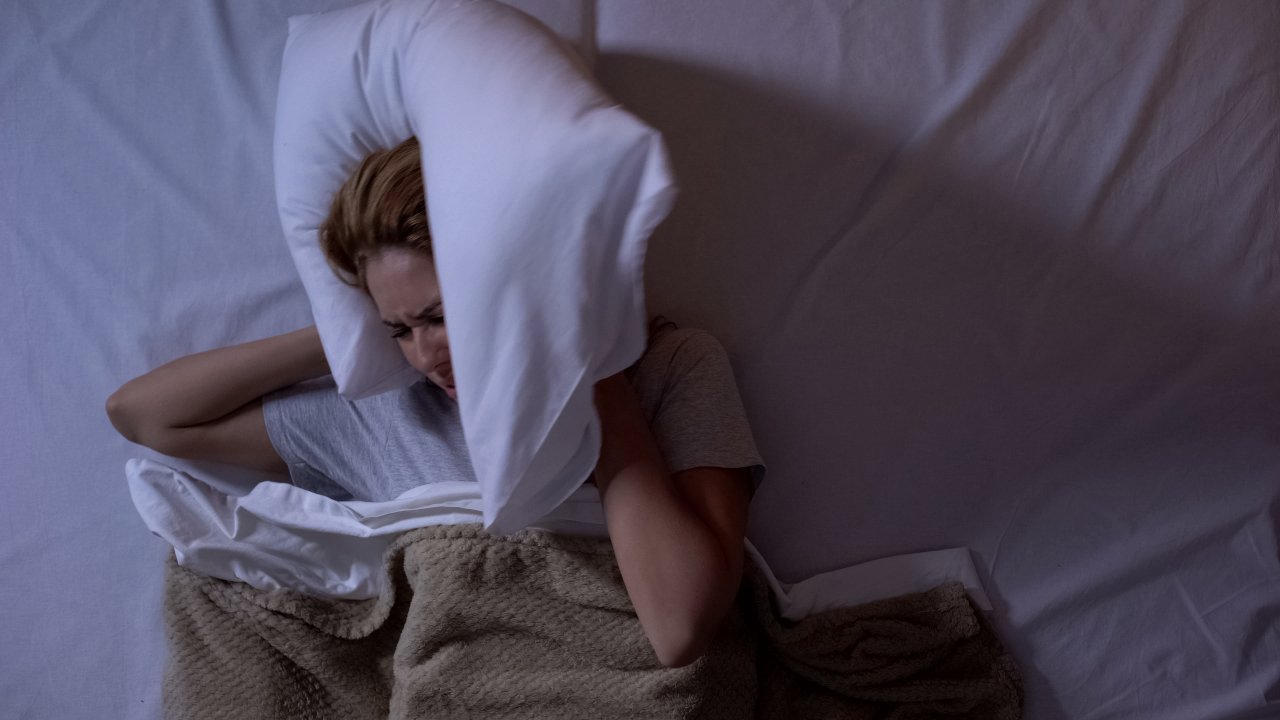Sleep experts from SleepMoment cannot stress enough how strong a connection there is between sleep and health. Poor sleep can contribute to the development of illnesses and may further complicate underlying health issues. Likewise, sleep disturbance or lack thereof can aggravate mental health problems and result in lethargy, grogginess and mood fluctuations.
Table of Contents
Sleep Conditions
 Sleep disorders pertain to conditions that negatively influence the quality, timing and duration of sleep, and the person’s ability to perform activities when they’re awake. If you have recurring sleep problems, then you should consult a physician.
Sleep disorders pertain to conditions that negatively influence the quality, timing and duration of sleep, and the person’s ability to perform activities when they’re awake. If you have recurring sleep problems, then you should consult a physician.
Nova Pulmonary Critical Care and Sleep Associates have licensed doctors who can diagnose sleep conditions and help you to find alternatives to correct them. Reaching out to a professional should be prioritized, especially if your sleep problems have already caused disturbances in your daily life.
With this in mind, it’s crucial to educate yourself on the various sleep conditions that can affect your health.
Hypersomnia
Hypersomnia is a condition in which a person has trouble staying awake during the day due to either excessive daytime sleepiness or excessive time spent sleeping. People with this condition may be compelled to sleep at inappropriate times. Alarmingly, this may lead to data errors and accidents at work.
The National Sleep Foundation has reported that approximately forty percent of the population experiences symptoms of hypersomnia from time to time. If you have encountered this problem, then it’s best to consult a sleep specialist such as Nova to help you to address the condition before it becomes something to worry about.
Insomnia
You may have experienced difficulty falling and staying asleep at some point in your life. If this occurs again, you should try to incorporate relaxation techniques before going to bed or yoga poses during the day; both of these activities will help to facilitate a good night’s sleep. However, if the problem is getting out of control and becoming a serious hindrance, then you should consider visiting or calling a specialist.
Insomnia refers to finding it difficult to fall or stay asleep, despite having the motivation and means to do so. This can come in two common forms — either acute (short term) or chronic (long term). Both of these disable you from getting sufficient sleep to feel well-rested but remember that acute insomnia can easily turn into its uglier cousin, chronic insomnia if left untended to for too long.
People with insomnia have also reported excessive daytime sleepiness and cognitive impairment while awake, as well as a drop in mental health and general happiness; this is because the body needs sleep to function properly, and without it, things are thrown off-balance.
Sleep Apnea
A person experiencing sleep apnea may stop breathing for 10 seconds or longer, and it can happen as frequently as multiple times per hour. As a result, the oxygen levels in your blood drop. When your body notices this, it will try to pull you out of deep sleep to help you to breathe again. If you find yourself waking up choking or gasping for air, then there’s a high chance that you’re suffering from this condition.
Due to the fact that you’re asleep while it’s happening, it can be difficult to self-diagnose until the problem becomes regular; because of this, you should consult a medical professional as soon as you notice it.
Your doctor may recommend continuous positive airway pressure (CPAP) therapy, one of the leading treatments for sleep apnea. You will use a machine for CPAP that will provide steady airflow to prevent the upper airway from collapsing that causes breathing pauses (apnea) and sounds (snoring) while you are sleeping. Using your CPAP device regularly can help you sleep better.
Sleep apnea and poor sleep may lead to and worsen other physical and medical conditions. Similarly, sleep apnea can cause excessive daytime sleepiness, fatigue and impaired cognitive functions. It’s worth noting that an inconsistent sleep schedule, especially one which you don’t have control over, can lead to poor mental health also.
The Takeaway
Sleep is important as it allows our bodies to recover and optimizes energy restoration. This influences our overall health status and general wellbeing. With this in mind, it’s crucial to get sufficient sleep. However, if you have experienced a particular sleep problem on a recurring basis, then it’s be best to speak to a physician as soon as possible before the condition worsens.
Although sleep conditions may seem like nothing to worry about compared to more active disorders or diseases, if left unchecked, they can very easily turn into big problems. As soon as you feel as if your sleep condition or your inconsistent sleep schedule is having a negative effect on your daily life, make sure to get yourself checked out by a qualified health professional.

